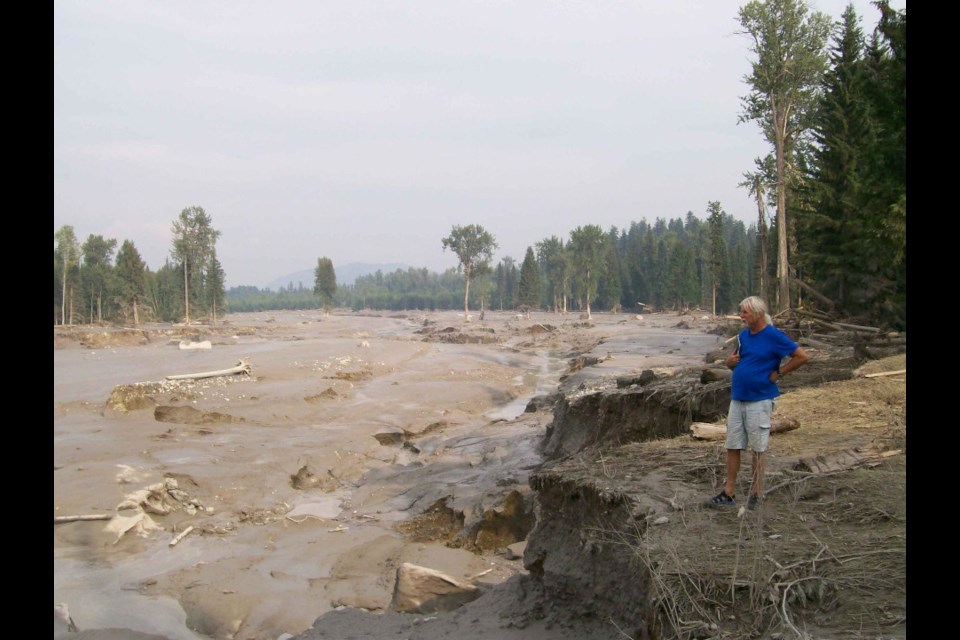In August, the International Council on Mining and Metals (ICMM) launched what it calls its new ‘Global Industry Standard on Mine Tailings,’ some 18 months after almost 300 people were killed by the catastrophic failure of a Vale iron ore tailings dam at Brumadinho in Brazil.
It is unlikely to be successful.
The ICMM report is designed to improve operational control of the existing mine tailings management process and so reduce the consequences of another catastrophic failure.
Its members can take up to five years to implement the ‘Standard’ voluntarily, and the ICMM can only encourage non-member mines to adopt it.
Critics have already pointed out that the new provisions would not prevent the failure at Brumadinho happening again, or prevent any other mine tailings containment failures, such as fugitive dust, that routinely contaminates the land and water immediately adjacent to many mines.
The ICMM’s 27 members, including most of the largest mining corporations in the world, and investor groups such as the Swedish AP Funds and the Church of England Investment Funds that were party to the creation of the report, may have achieved what they wanted. But they failed completely to meet the challenge of the day.
Want to read more stories about business in the North? Subscribe to our newsletter.
This ICMM Report was intended to accomplish one outcome: provide a tactical response to the problem at hand – mitigating the impact of a catastrophic tailings dam failure.
The dam failure at Samarco in 2015 caused 20 deaths and the contamination of 600 kilometres of the River Doce all the way to the Atlantic Ocean, but was insufficient to trigger a response from ICMM.
So this report was launched during the time of COVID-19 – when many of the societal weaknesses we have all chosen to ignore for so long are now subject to unrelenting scrutiny.
COVID is forcing us to confront the under-resourcing of nursing homes and the abandonment of our aged parents to misery and death, the undue burden imposed on the staff in critical care hospitals, the illegitimate behaviour of some police officers, and the myriad justice issues in society at large.
COVID-time has allowed us to consider these excruciating issues and, with a lot of time on their hands, many people have turned to community protest and activism.
This was the wrong time for the ICMM to propose a pablum corporate response that could not and would not prevent a repetition of the fatal disaster that initiated the report.
This tragedy is compounded by recent events in Australia where the deliberate destruction of truly ancient, 46,000-year-old archaeological artifacts revealed the mining company’s calculated indifference.
The board’s initial reaction exposed its shallow allegiance to social-environmental principles. Three senior executives did step down, but driven by activist shareholders, not corporate commitment to ESG (environmental, social and governance).
Over 30 years ago, the mining industry began to focus on operational safety to ensure 'zero harm' for the workforce. This has since become tremendously successful, but it was not automatic.
The success of the strategies aimed at improving safety in mines was driven by visionary leadership that transformed the industry from simply ‘preventing accidents’ to restructuring companies to achieve ‘a culture of safety.’
Early resistance to improving safety on the grounds that it would lower productivity was quickly swept away with the implementation of new technologies that were both safer and more profitable. It soon became clear that safe mines are good business, and safety in mining is now an indispensable business imperative.
The time is long past for the mining industry to adopt a similarly proactive approach to improving mine waste management systems and reducing environmental impact.
This is not about environmental altruism or some vague notion of ‘sustainability,’ or even about providing a better return on investment. This is about changing the mining industry to an endeavour that recognizes and seeks to achieve its higher purpose; to deliver the minerals and metals humanity needs to develop the technological solutions that will arrest the advance of climate change and impose no net-negative social and environmental impact.
At the Centre for Excellence in Mining Innovation (CEMI) in Sudbury, our Progressive Mining Agenda aims to ensure ‘zero social and environmental harm’ from mine waste, including fugitive dust and water effluent, rather than just preventing catastrophic tailings dam failures.
Eliminating all negative human health and ecological impacts from mine waste should be the new ‘Progressive Mine Tailings Standard' – replicating the industry’s successes in addressing mine safety.
We believe it possible to identify and implement a suite of technologies that can remove all the hazardous contaminants from mine waste and achieve fully self-sustaining, full and final closure of mine sites that require no ongoing human intervention.
The marginally higher operating cost for these processes will be more than offset by revenue generated sooner in the overall production schedule.
New projects that have no negative social or environment impacts will have a much shorter permitting and licensing process.
A safer and more socially sustainable mining industry is a more profitable business.
Doug Morrison is the president-CEO of the Centre for Excellence in Mining Innovation (CEMI) in Sudbury.




